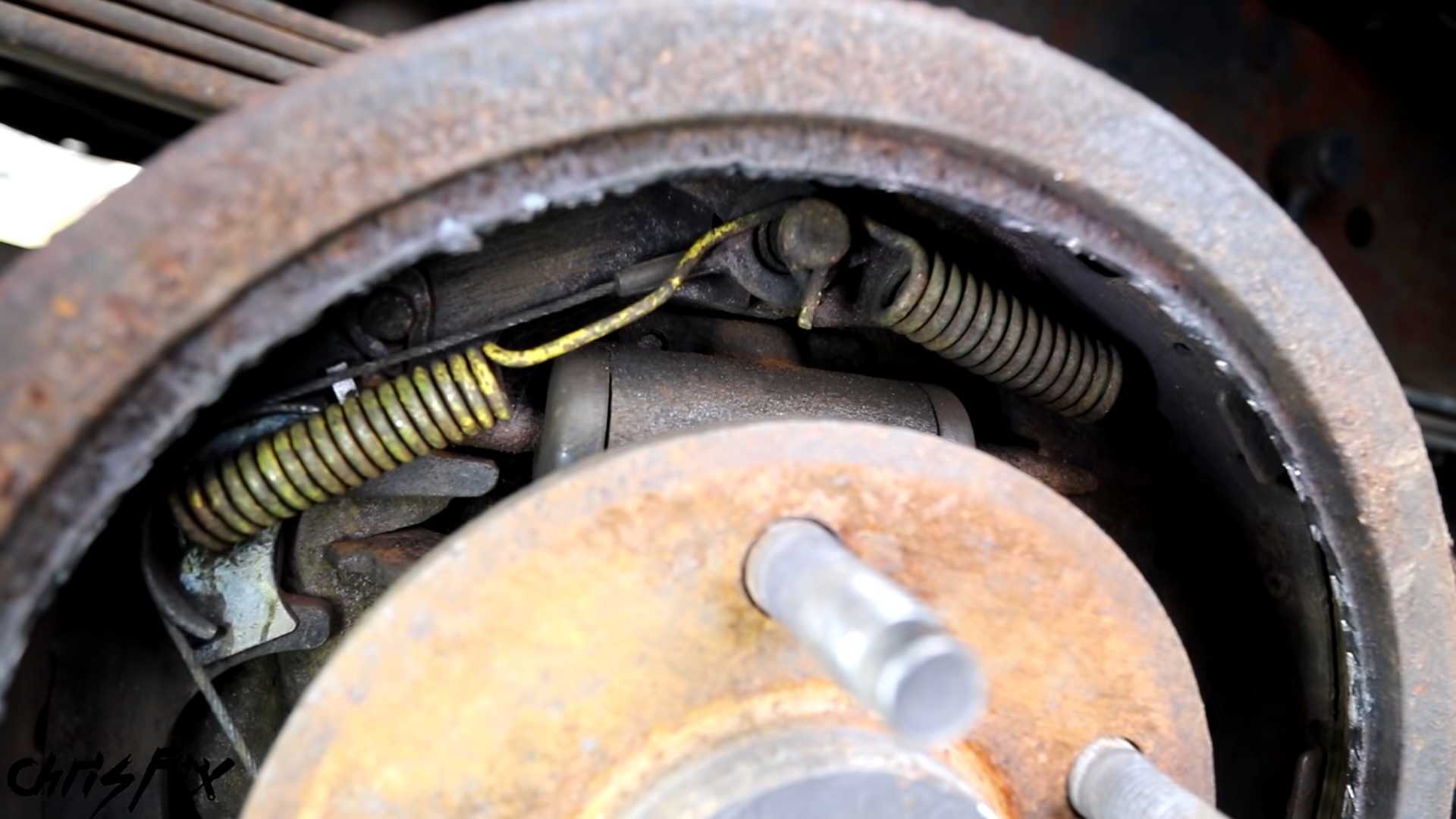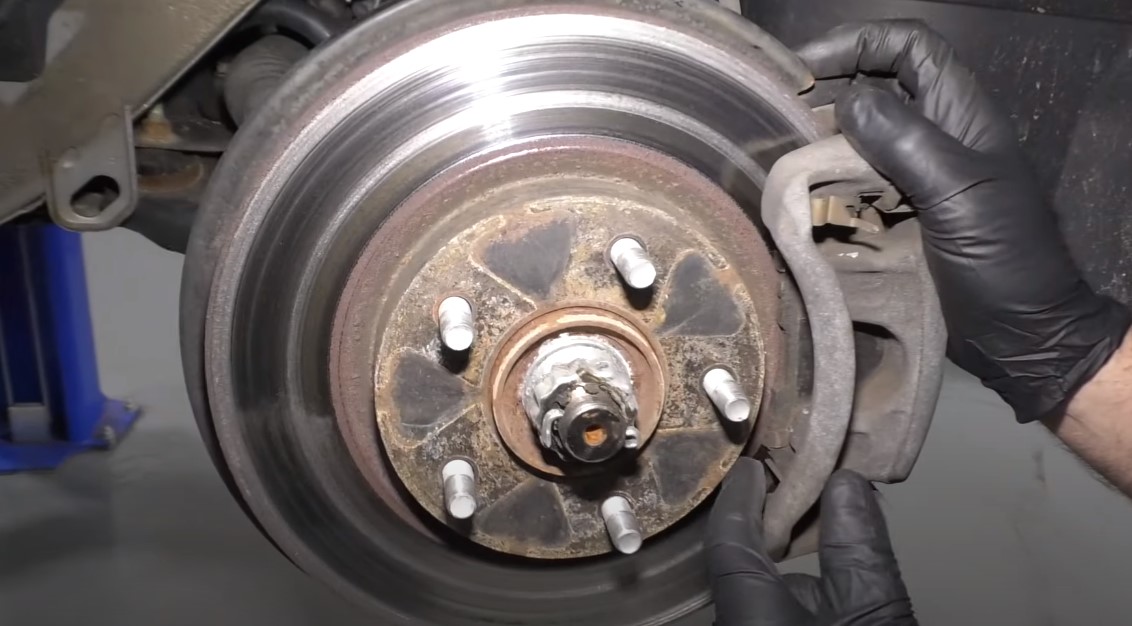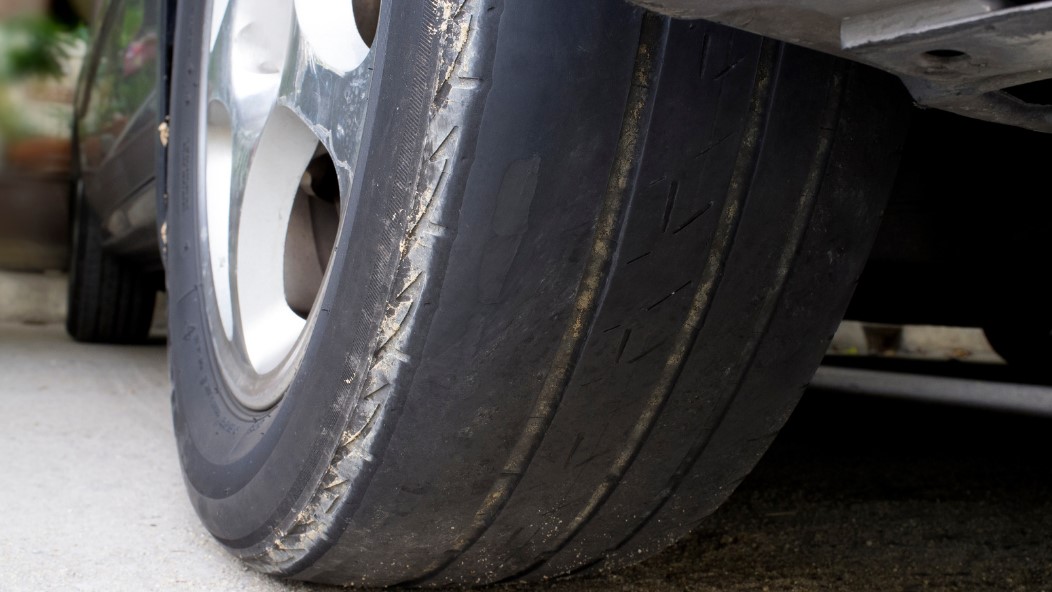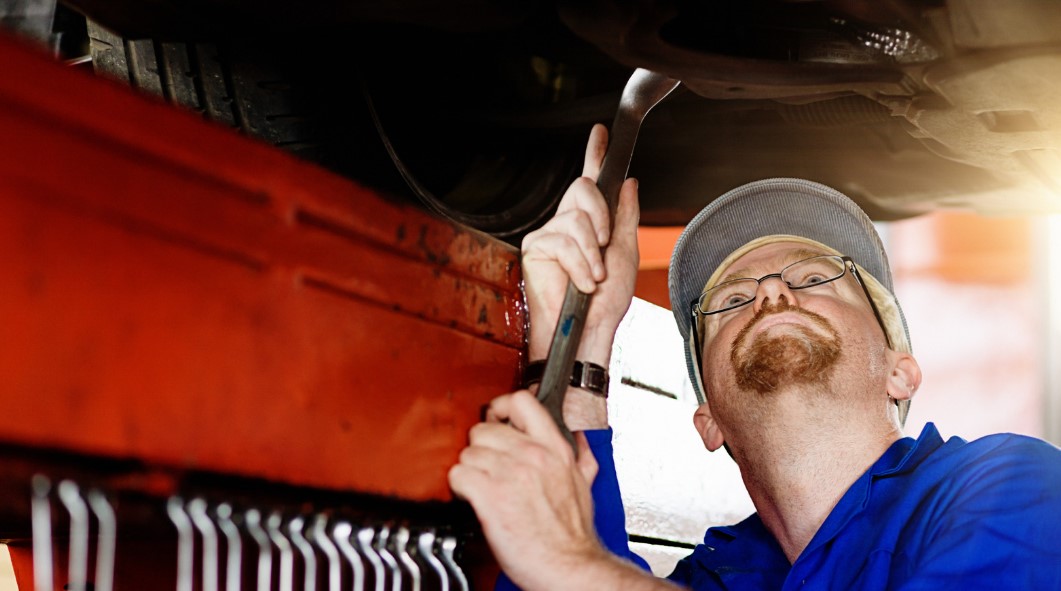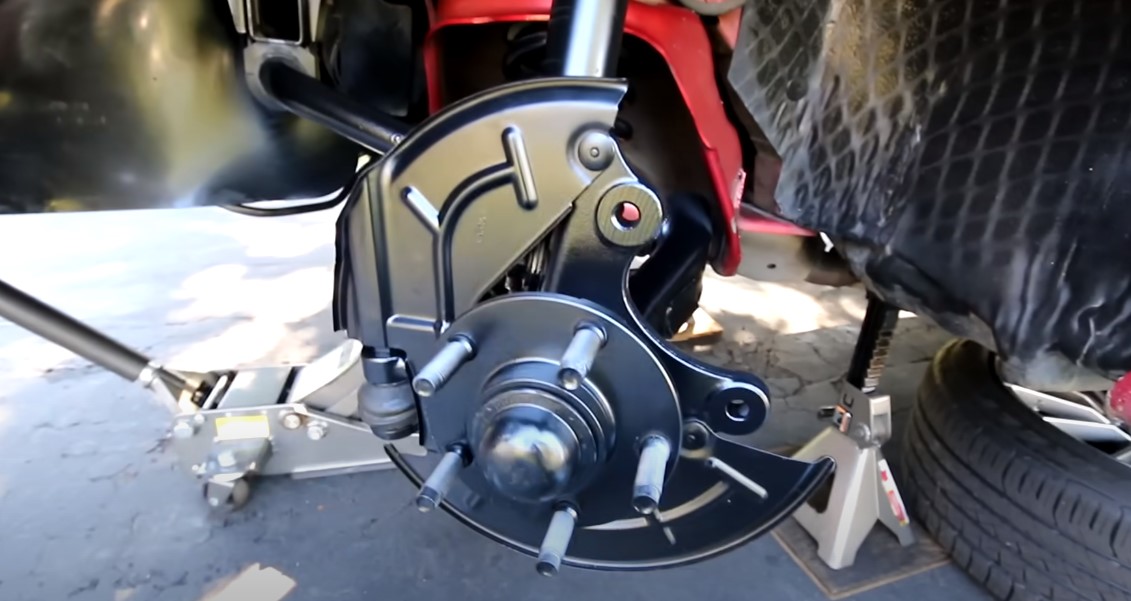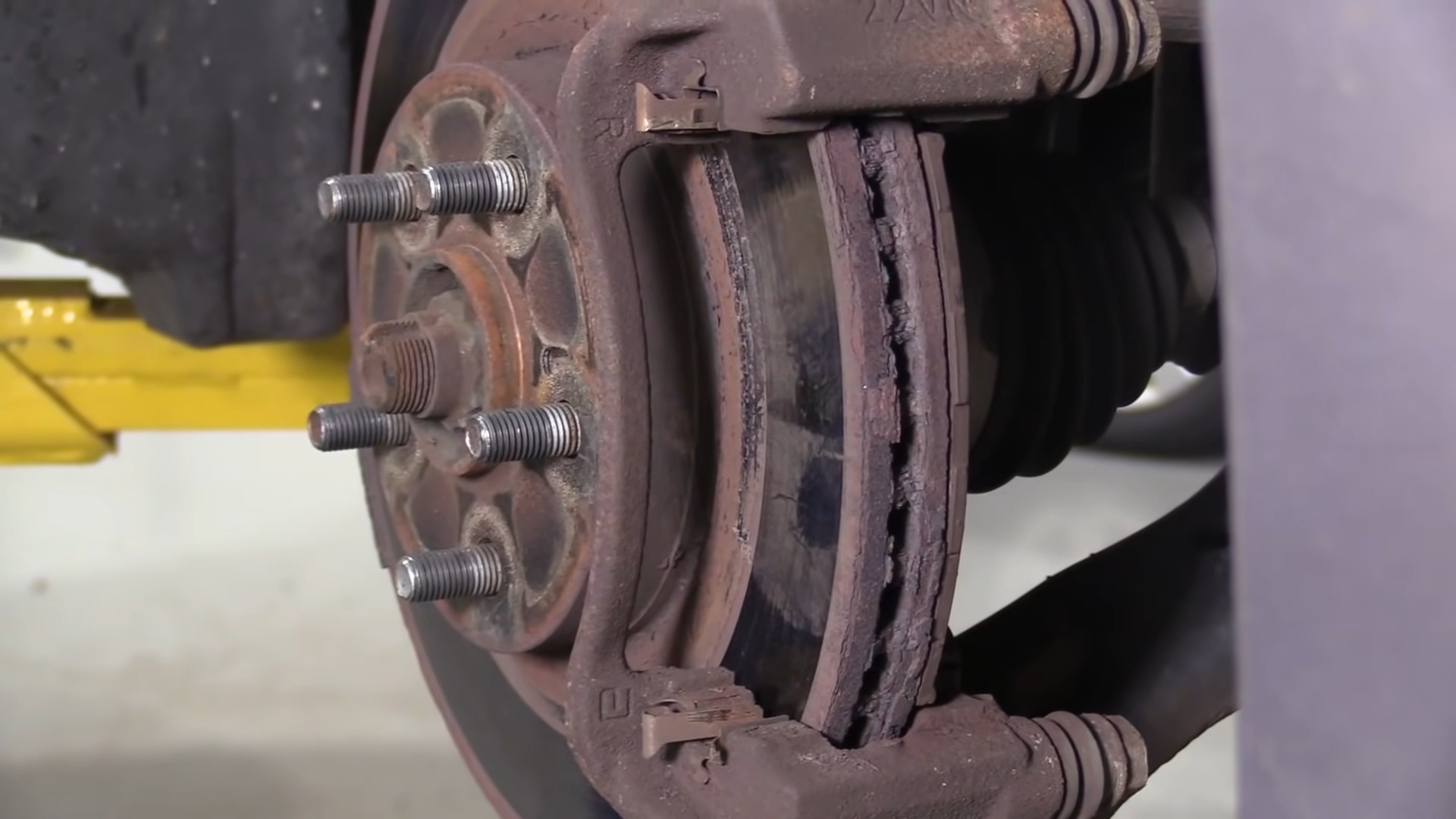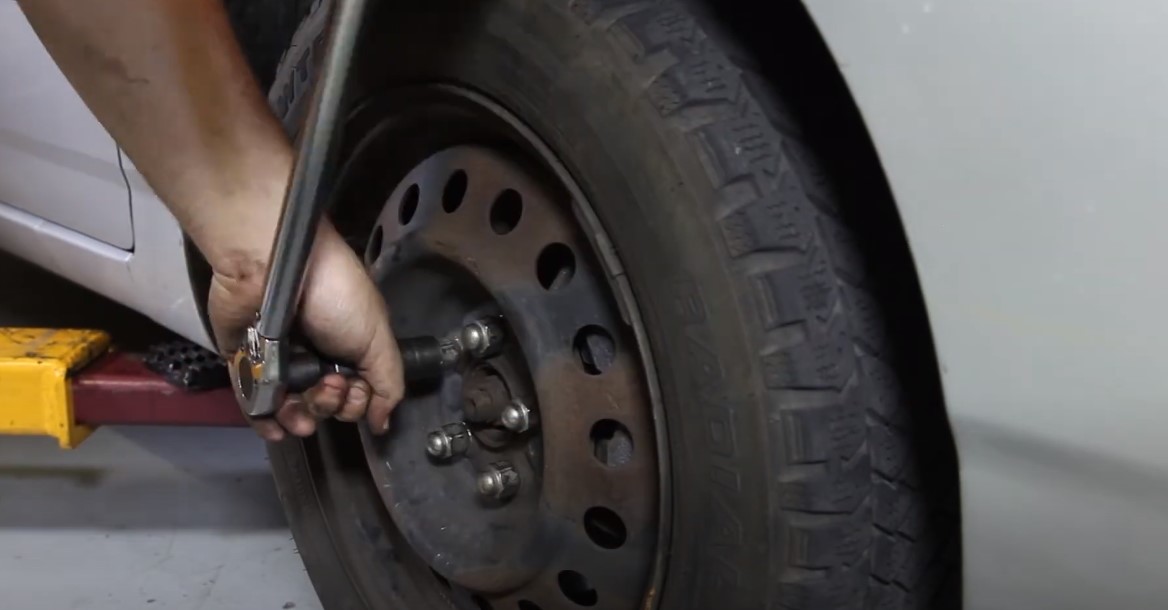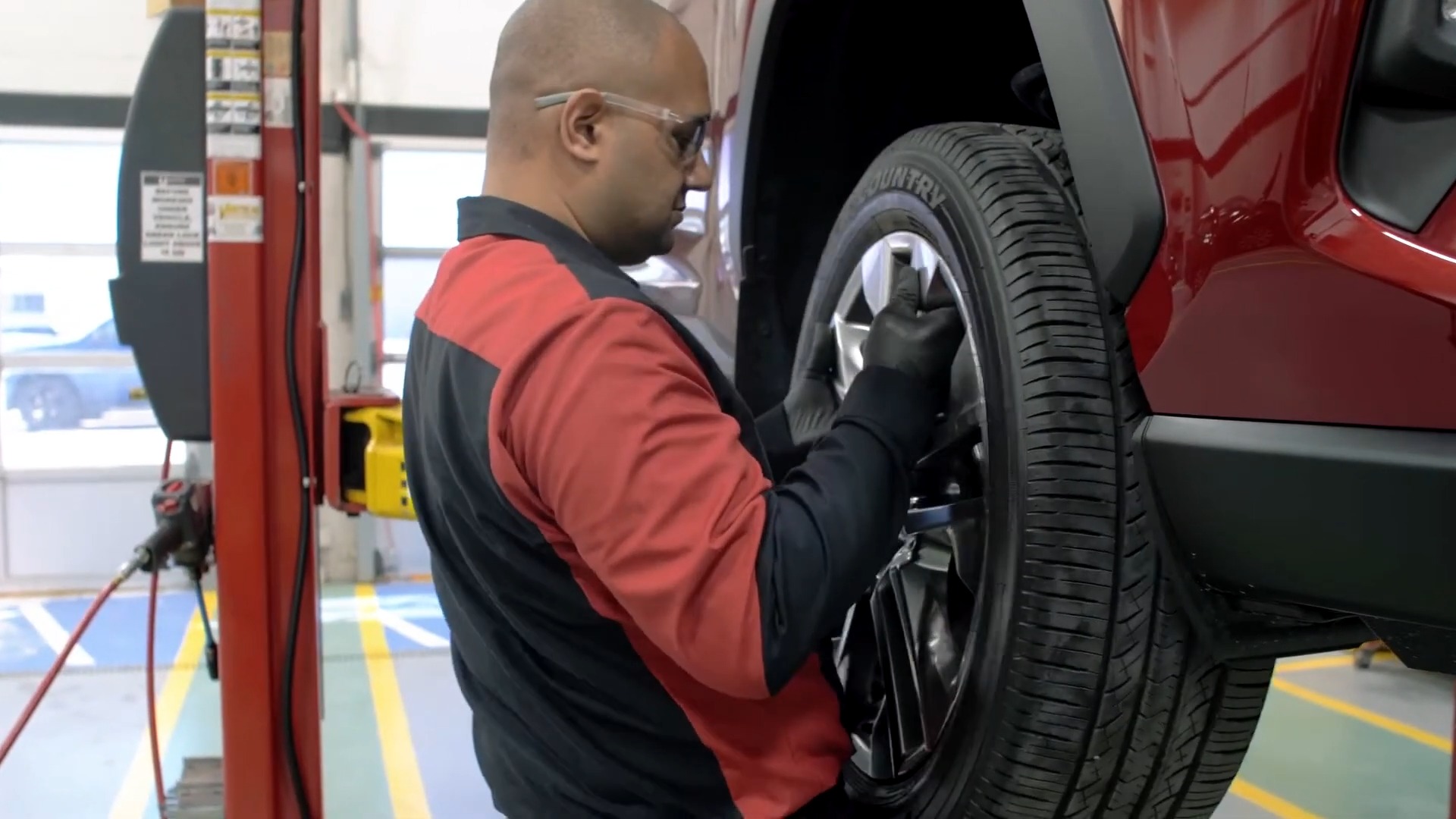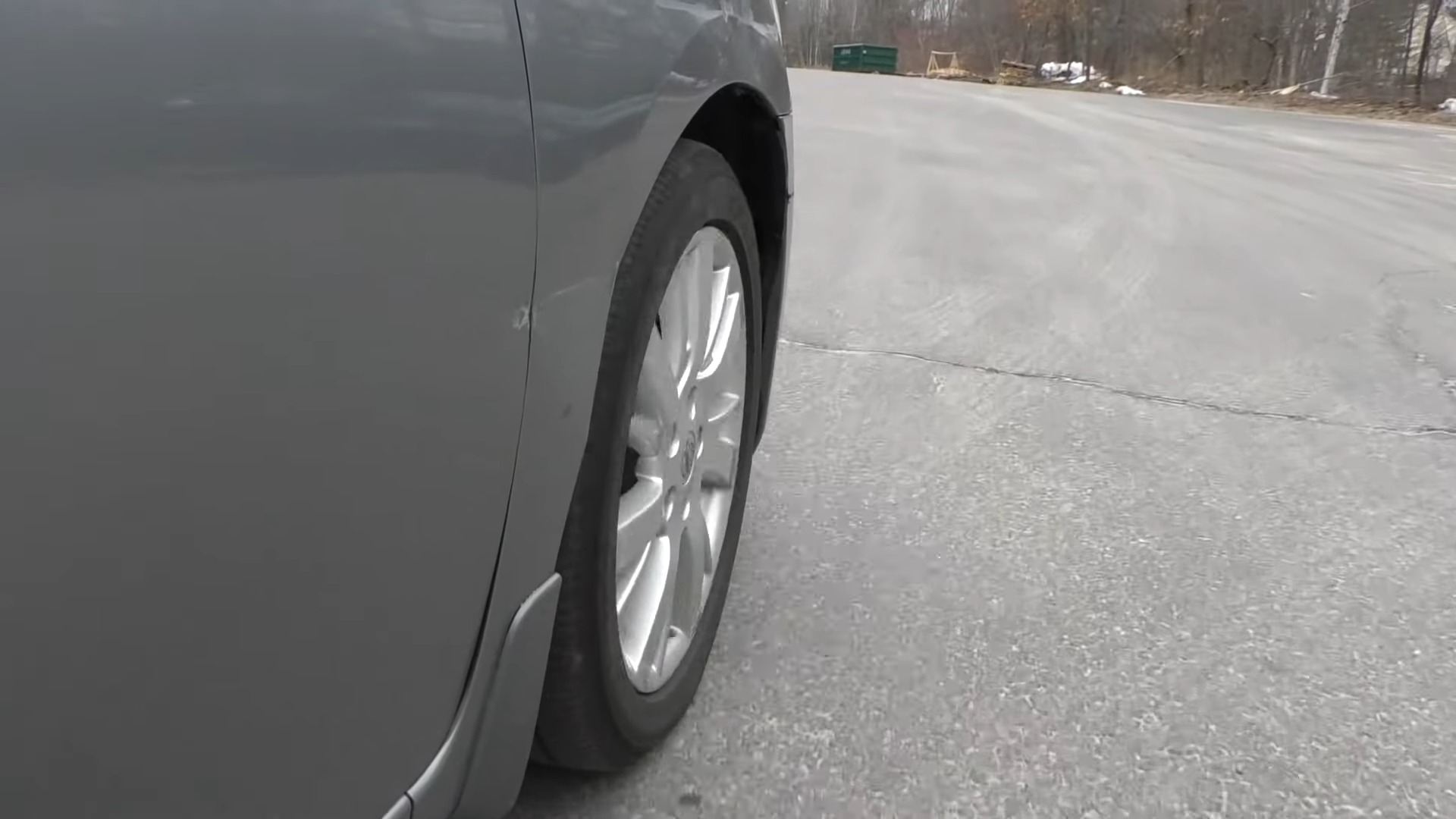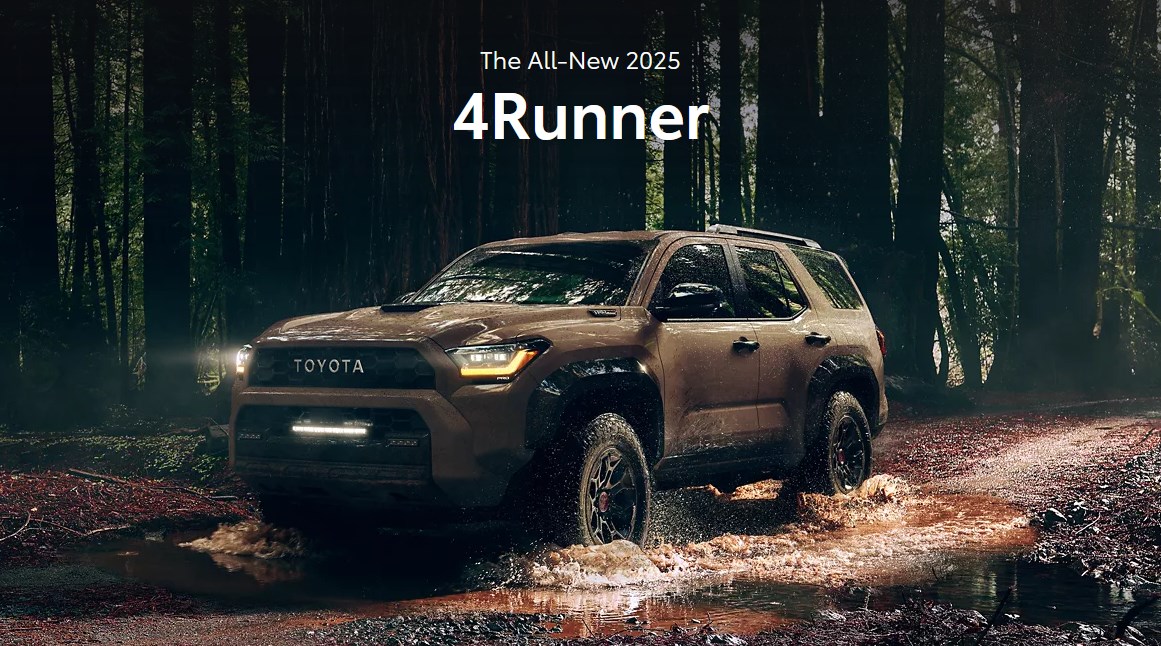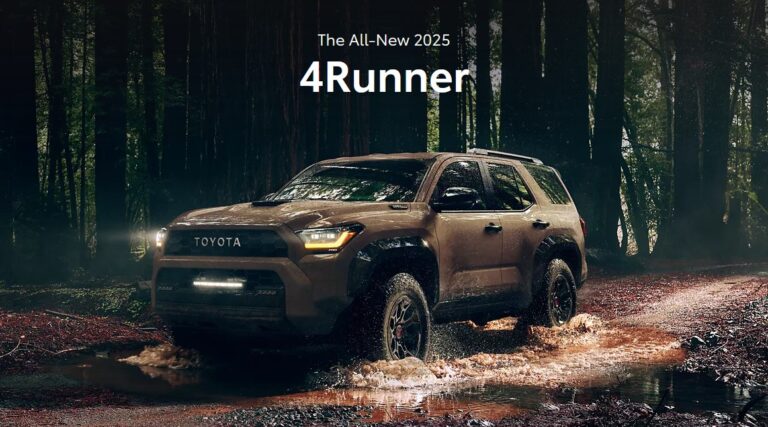When you notice a grinding sound as you apply your brakes, it’s an unmistakable signal that your vehicle’s braking system requires attention. This grinding noise typically indicates that the brake pads have worn down to the point where they are making direct contact with the rotors, which can lead to further damage if not addressed promptly. While it may be possible to continue driving for a short distance, doing so can jeopardize your safety and potentially lead to more costly repairs.
Immediate inspection by a qualified mechanic is imperative when experiencing brake grinding to prevent further damage to the braking system. Recognizing the urgency of the situation and taking swift action can save you from the risks and added expenses associated with compromised brakes. The longevity of your drive on grinding brakes can be influenced by several factors, including the condition of your brakes when the grinding began and your driving habits.
Key Takeaways
- Grinding brakes signal severe wear or damage, necessitating urgent inspection and repair to avoid further damage and ensure safety.
- Ignoring grinding brakes compromises vehicle safety, potentially leading to longer stopping distances, reduced braking efficiency, or even brake failure.
- A certified mechanic should assess grinding brakes to diagnose the extent of damage and perform necessary repairs, ensuring the vehicle’s safety and reliability.
- Regular brake system checks and mindful driving habits, such as gentle braking and avoiding excessive load, can significantly reduce wear and extend the lifespan of brake components.
- Delaying brake repairs can escalate repair costs and lead to additional damage. Legal and insurance issues may arise from driving a vehicle with compromised brakes, emphasizing the importance of timely maintenance.
Overview – Brake Grinding
Causes of Brake Grinding
Your brakes could be grinding due to several reasons: worn brake pads, debris caught between the brake pad and rotor, or rust on the brake rotors according to NuBreaks. Worn brake pads are the most common culprit and should be addressed immediately to avoid damage to other parts of the brake system.
Types of Brake Noises
Brake noises can range from squealing to grinding. Squealing often suggests thin pads or glazed rotors, while grinding indicates more severe issues, such as metal-on-metal contact that can damage your rotors.
Safety Risks Associated with Grinding Brakes
Grinding brakes are not just a nuisance, but also a significant safety concern. This sound may mean your braking efficiency is compromised, possibly leading to longer stopping distances or brake failure. Therefore, it is imperative to address grinding brakes immediately to maintain your vehicle’s safety integrity.
Immediate Actions to Take
When to Stop Driving
- Brake Grinding Noise: Cease driving if your brakes are making a grinding sound. This indicates the brake pads may be worn down to the metal and can severely damage the rotors as noted by Fixter.
- Brake Performance: If you notice a decrease in braking efficiency or the pedal feels spongy, stop driving your vehicle immediately.
Inspecting Your Vehicle
- Brake Pad Thickness: Check the thickness of your brake pads. If they are less than 1/4 inch thick, replacement is urgently needed.
- Rotor Surface: Examine the rotor surface. Grooves or roughness indicate that your brakes require professional attention.
Assessing Brake Damage
Evaluating Brake Wear
- Listen Closely: If your brakes emit a grinding noise, it’s a direct indicator of wear. Metal-on-metal contact suggests that the brake pads are severely worn and require immediate attention.
- Visual Check: Look at the thickness of your brake pads. If they are less than 1/4 inch thick, replacement is necessary.
Professional Inspection
- Diagnosis: A certified mechanic will perform an in-depth inspection to diagnose the extent of your brake damage.
- Safety Assessment: A professional must gauge whether your car is safe to drive or if immediate repairs are needed to avoid further risk.
Repair and Replacement
DIY vs. Professional Repair
DIY Repair: You can opt for DIY brake repair if you have the necessary technical skills and tools. It involves purchasing the correct brake pads, rotors, or calipers and then installing them. Instructions must be meticulously followed to avoid safety hazards.
Professional Repair: A professional brake repair service can guarantee a comprehensive check and correct fitment of the components. Technicians have the experience to diagnose and fix any brake-related problems, which is crucial because improper repairs can compromise your vehicle’s safety.
Cost of Brake Repair
- Brake Pads: Replacement typically costs between $100 and $300 per axle.
- Rotors: If your rotors are damaged due to prolonged grinding, replacement costs can range from $200 to $400 per axle.
- Calipers: If the calipers are affected, costs may increase, with repairs running from $50 to $100 each.
In addition, labor costs must be factored in, which vary depending on the service provider.
Time Required for Brake Service
The time required for brake repair can vary but expect the following:
- Brake Pads: Approximately 30 minutes to 1 hour per axle.
- Full Brake Job: Including pads, rotors, and potentially calipers, 1 to 2 hours per axle.
Service times may differ based on vehicle make and model and the extent of the damage. It’s important to get an accurate time estimate from your repair provider for planning purposes.
Preventative Maintenance
Regular Inspection Schedules
A disciplined approach to regular inspections is essential for identifying wear before it leads to grinding. Experts recommend having your brakes checked:
- Every 6 months, or
- Every 10,000 miles, whichever comes first.
Driving Habits to Reduce Wear
Your driving behavior directly impacts how quickly your brake system components wear out. To minimize this wear:
- Avoid ‘Riding’ the Brakes: Keep a consistent speed and allow a significant distance to stop, which reduces the need for constant braking.
- Brake Gradually: Whenever possible, anticipate stops and apply brakes gently and early.
- Carry Less Weight: Additional weight in the car means more effort required for stopping, which, in turn, puts more strain on the brakes.
Understanding Brake Parts
Brake Pads and Rotors
Brake Pads are the friction material that, when pressed against the Rotors, bring your car to a halt. They wear down over time due to the heat and friction generated during braking as noted by Tires Plus. If you hear grinding, it often means the brake pads are worn to the point that the metal backing is scraping against the rotor, which can cause damage.
- Signs of worn brake pads:
- High-pitched squealing
- Reduced braking effectiveness
- Signs of rotor damage:
- Grooves or score marks
- Vibration when braking
Brake Fluid and Calipers
Brake Fluid is the hydraulic fluid that transfers the force from your brake pedal to the calipers, which in turn clamp the brake pads onto the rotors to slow down your car according to Firestone. It’s crucial to maintain the correct fluid level and quality for the system to function effectively.
- Importance of brake fluid:
- Ensures smooth and responsive braking
- Must be free of air and contaminants
Calipers are the components that create the squeezing motion on your brake pads. They must move freely and without restriction to apply and release the pads effectively.
- Key points about calipers:
- Can become stuck, leading to constant pad contact and premature wear
- Should not leak brake fluid, which can reduce braking power
Legal and Insurance Considerations
Vehicle Safety Standards
Your vehicle must meet certain safety standards, and consistently grinding brakes could signify noncompliance, potentially leading to legal consequences. It’s imperative to understand that driving a vehicle deemed unsafe can put you in violation of road safety laws, and should you be involved in an accident, the worn state of your brakes could attract liability issues.
Insurance Coverage for Brake Failure
Insurance policies typically cover accidents, but if an inspection reveals that the crash was due to neglected brake maintenance, your claim could be denied. Be cognizant that insurers may consider driving on grinding brakes as gross negligence, which can lead to a lack of coverage for any damages incurred during an accident.
Signs to Replace Your Vehicle
When considering a vehicle’s longevity, paying attention to warning signs is crucial. Not all are as audible as grinding brakes, but they are nonetheless important to recognize.
Age and Mileage Considerations
- Age: Vehicles that are over 10 years old are more likely to encounter issues due to wear and tear.
- Mileage: Once your car exceeds 200,000 miles, it is generally considered to be at the end of its usable life, depending on make and model.
Cost-Benefit Analysis of Repairs
- Repair Costs vs. Vehicle Value: If repair estimates start to exceed the value of your vehicle, it’s time to consider replacing it.
- Future Investment: Frequent repairs are a red flag; investing in a new vehicle may be more cost-effective in the long run.
Frequently Asked Questions
Conclusion
Grinding brakes are a clear warning sign that should never be ignored, emphasizing the urgency for immediate inspection and repair to maintain vehicle safety and performance. Ignoring this issue not only risks your safety but can also lead to significantly higher repair costs and potential legal and insurance complications. By understanding the causes, recognizing the symptoms, and responding promptly to the warning signs of grinding brakes, drivers can ensure their vehicles remain reliable, safe, and efficient.

